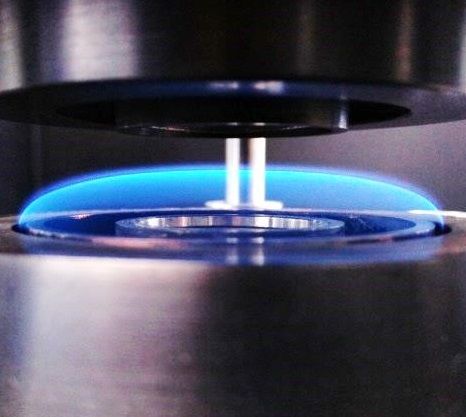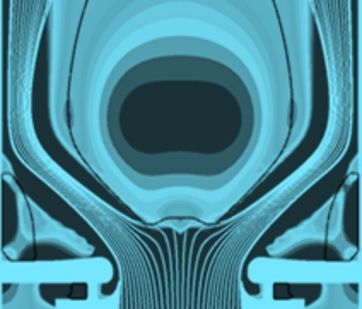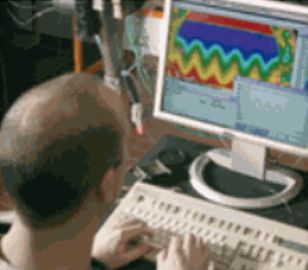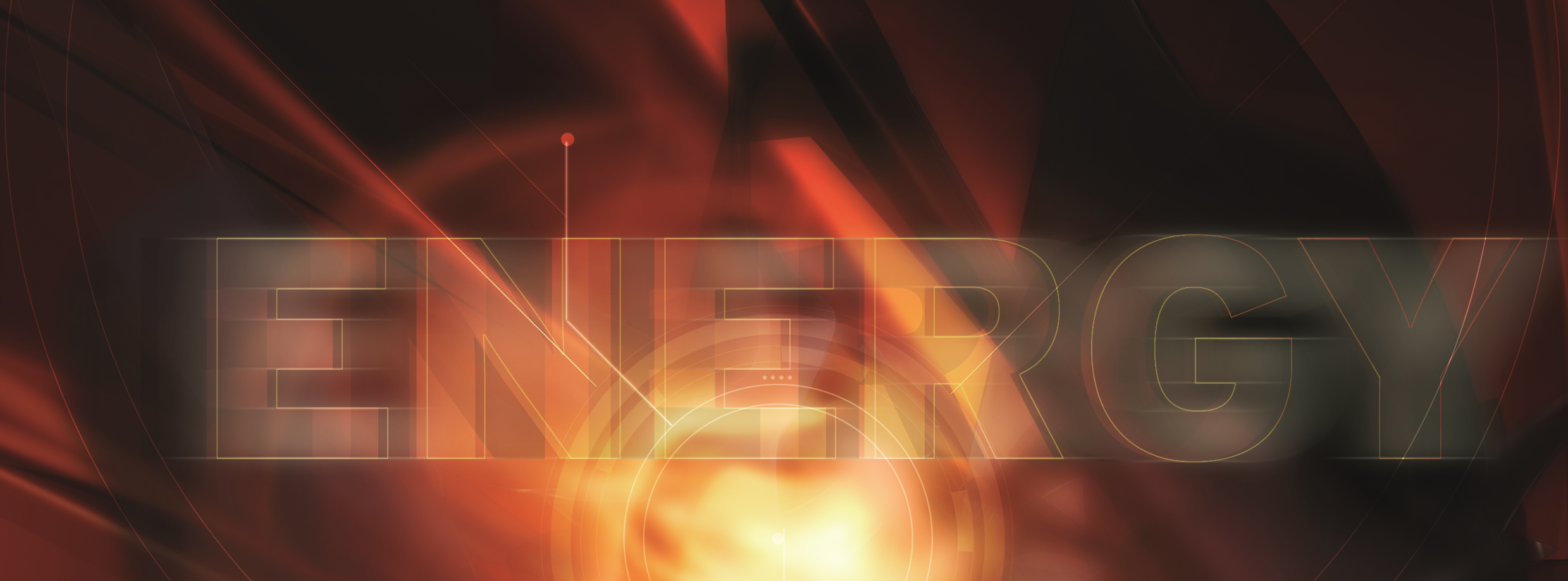Topic 1 - Energy Supply
Energy conversion turns naturally occurring forms of energy into usable final energies. The KIT Energy Center deals with all types of energy conversion, such as electrochemical processes in fuel cells or electromechanical processes in generators. Topic 1 focuses on combustion, chemical energy carriers and the associated processes/procedures.
Combustion and its Optimization
Synthetic Fuels

Synthetic Fuels
-
Fuels and combustibles of the future should release as little CO2 and other pollutants as possible. Thus, researchers at KIT are developing new types of synthetic fuels, partly from organic residues, and optimize them both for their respective use cases and in view of future emission guidelines. Another focus lies on synthetic substitutes for natural gas that are produced from renewable electricity and CO2 (Power-to-Gas, PtG), as demonstrated for example by the KIT-coordinated HELMETH research project with PtG efficiencies > 76%.
Innovative Burner Concepts and Applications

Innovative Burner Concepts and Applications
-
Further research projects associated with Topic 1 are concerned with innovative burner concepts and fuels, such as a sulphur-based storage process for solar-thermal power plants. The aim is the development of sulphur burners with a high energy density that can be used to generate electricity with gas turbines and/or steam turbines.
Energy Conversion Systems

Energy Conversion Systems
-
In order to fully exploit the advantages of new fuels, KIT researchers are working on adapted and coupled technical systems. One of the challenges is to achieve best possible combustion quality even with variable fuels. The work at KIT focuses on combustion engines with direct injection, gas turbines and innovative power plant processes as well as combined power-heat-systems. In the process, cooling technologies are also being developed, materials are investigated and physical and chemical processes are simulated.
| Portrait | Name | Function at the KIT Energy Center | Institute | Position | Contact |
|---|---|---|---|---|---|
| apl. Prof. Dr. Alexander Colsmann | Head of Organic Photovoltaics Group at the LTI | Material Research Center for Energy Systems (MZE); Light Technology Institute (LTI) | Spokesperson Topic 1 - Energy Supply; Member of the Steering Committee | +49 721 608-48587 alexander colsmann ∂does-not-exist.kit edu |

